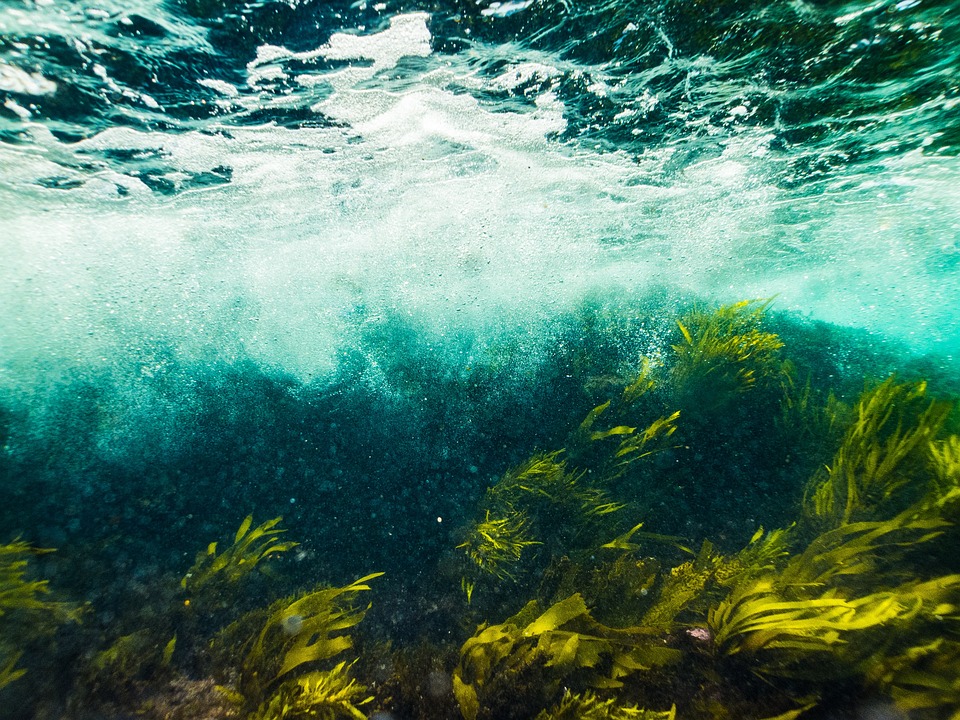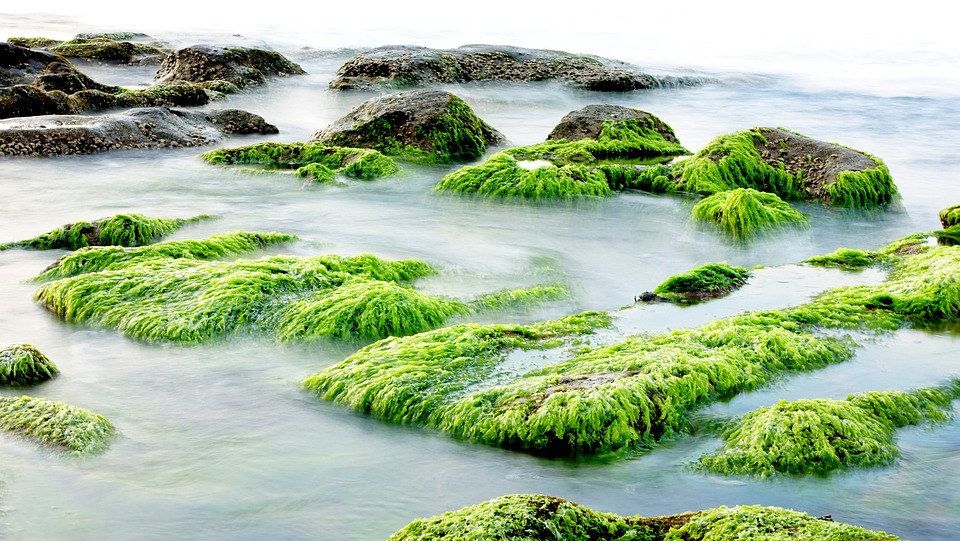Seaweed is a good source of many nutrients, including iodine, which is important for thyroid function. It is also a source of antioxidants, anti-inflammatory compounds, and minerals like iron, calcium, and zinc.
The nutritional value of seaweed has led to its inclusion in a variety of health and beauty products. Intake of seaweed has been linked in some research to health advantages like decreased cancer risk and enhanced cardiovascular function. But we need additional study to corroborate these results.
What animals eat seaweed?
Many marine animals eat seaweed, including sea urchins, sea stars, sea cucumbers, herbivorous fish such as parrotfish, and some species of sea snails, such as abalone. Sea otters and other marine mammals are known to include seaweed in their diets. Marine birds like guillemots and kittiwakes eat seaweed as well. In addition, some turtles, including the olive ridley, are known to eat seaweed. Many sorts of crustaceans, such as crabs and sea slugs, rely on seaweed for sustenance.
Seaweed and iodine
Seaweed is a good source of iodine, an essential mineral that is important for the proper functioning of the thyroid gland. Iodine is necessary for the production of thyroid hormones, which regulate metabolism and play a role in maintaining healthy growth and development. Seaweeds such as kelp, nori, kombu, and wakame are particularly high in iodine.
Seaweed can be a useful dietary source of iodine for people who do not consume iodine-rich foods such as dairy products or fish. However, it’s important to be aware that the iodine content of seaweed can vary widely depending on the species and the location where it’s grown.
Can dogs have seaweed?
Seaweed can be safe for dogs to consume in small amounts as part of a balanced diet. Seaweed is a good source of iodine and other minerals, which can be beneficial for dogs. Some dog foods contain seaweed as an ingredient to add nutritional value.
Seaweed benefits
Seaweed is a nutrient-rich food that offers a wide range of potential health benefits. Some of the benefits include:
- With its high mineral content, seaweed is an excellent way to support a healthy thyroid. It’s also a good source of iron, calcium, and zinc, among others.
- Antioxidant-rich: Seaweed’s carotenoids, flavonoids, and polyphenols help prevent cell damage caused by free radicals.
- Some research suggests that seaweed’s anti-inflammatory characteristics could help lower the chance of developing chronic diseases.
- Some research suggests that eating seaweed can aid with weight management by suppressing hunger and promoting satiety.
- May boost heart health by restoring a healthy ratio of good to bad cholesterol in the body, seaweed consumption has been linked to a decrease in total blood cholesterol and a corresponding decrease in the risk of cardiovascular disease.
- Some research suggests that eating seaweed can help lower your risk of developing cancer, particularly breast cancer.
Interesting facts about seaweed
- More than 10,000 different species of seaweed exist, and they can be discovered in every marine habitat imaginable, from the shallows to the ocean depths.
- A diverse array of goods incorporate seaweed: You may find seaweed in a wide variety of things, from food to cosmetics to medicines. Ice cream uses it as a thickening, salt uses it as a source of iodine, and some toothpastes utilize it as a component.
- Growing seaweed in a greenhouse: Land-based seaweed cultivation, sometimes known as “seaweed farming,” entails the growth of seaweed away from the ocean. This method has the potential to be more environmentally friendly and less reliant on wild collecting.
- Medicinal seaweed uses include: For ages, people all around the world, but especially in Asia, have turned to seaweed for its medicinal properties. It’s used to treat everything from skin problems to gastrointestinal troubles to thyroid abnormalities.
- Oil spills can be cleaned up with the help of seaweed: It has been discovered that certain types of seaweed are capable of effectively absorbing oil. Because of this, scientists are investigating the feasibility of utilizing seaweed to clean up oil spills and other types of environmental disasters.
- Seaweed has been shown to be effective at removing heavy metals like lead and cadmium from water, suggesting that it might be utilized as a part of a water treatment system in areas where such elements are prevalent.
What are red tides?
Red tides, also known as harmful algal blooms (HABs), are events in which certain types of marine algae, known as phytoplankton, rapidly multiply and discolor the water, often giving it a reddish or brownish hue. These blooms can be harmful to marine life and people, depending on the species of algae involved.
Dinoflagellates, a widespread kind of phytoplankton, are the most prevalent source of HABs because of the powerful neurotoxins they may release. Consumption of shellfish, fish, and other marine species that have accumulated these toxins can lead to serious illness or even death. Toxins released by certain HAB species have been linked to respiratory discomfort and other health issues in humans.
HABs are caused by a combination of factors including nutrient pollution, warming waters, changes in ocean currents and salinity and other environmental factors. Climate change is projected to increase the frequency and severity of HABs.




